On March 18th, just before the CalPERS Board heard updates on the fund’s proxy voting and corporate governance strategy, California community members and pension beneficiaries gathered outside. Holding signs that read “shareholders won’t be silenced” and “stop funding fossil fuels,” they demanded that CalPERS immediately exit ExxonMobil.
This is not the first time CalPERS has heard the call to exit–groups like Fossil Free California have been calling on CalPERS and CalSTRS to divest from fossil fuels since 2015–but the call for action has reached new urgency in light of ExxonMobil’s recent lawsuit against its shareholders Follow This and Arjuna Capital.
ExxonMobil is a cartoonish villain in the climate crisis, a master of deception and delay–which is why California is suing Exxon, along with four other fossil fuel majors, for deceiving the public and for the resulting harm to the state. Not only has Exxon’s business model wrought costly climate impacts, but its business model has loaded the economy with systemic financial risks and instability–something all too familiar to Californians facing shrinking insurance options.
So, why the new urgency? It’s practically unheard of for a company to sue its shareholders, and it sets a dangerous precedent that may discourage shareholders from engaging companies on risks from climate impacts to worker rights. The shareholder proposal that sparked the lawsuit asked Exxon to set medium-term emissions reduction targets, which is not only a common shareholder request but would catch the oil major up to its peers. Instead of using the established regulatory process for challenging proposals, or defending its lack of a transition plan and facing a vote, Exxon has gone after the rights of shareholders to engage with the company they are invested in by way of resolution at the annual meeting of shareholders.
Investors should be furious. Investors who want to preserve their shareholder rights must hold the oil major accountable.
And we need CalPERS to lead the way. As a member of Climate Action 100+, CalPERS is tasked with co-leading shareholder engagement with Exxon. The pension fund has wielded its influence before. A successful 2017 resolution requested an assessment of the company’s portfolio under the “2 Degree Scenario.” In 2021, California pension funds joined Engine No. 1 in electing three protest candidates to the Board of Directors, in what seemed to be a watershed moment for shareholder engagement.
However, three years later, Exxon not only has failed to present a credible transition plan, but it has doubled down on its commitment to fossil fuel expansion. Where does that leave an investor like CalPERS, which recognizes that “[a]s an investor in the global economy, the scale and multi-faceted nature of climate change presents a systemic risk to our portfolio“ and is committed to shareholder engagement as a tool to mitigate that risk?
Community members this week presented the most straightforward option: it’s time to exit Exxon and stop participating in the illusion that the company can transform into a sustainable business model. In doing so, CalPERS would join the ranks of pension funds including the Church of England, the NYC Pension Systems, and the New York Common Retirement Fund. Dutch pension fund PFZW exited the sector last month, citing that “Intensive talks with the sector have made it clear that most fossil fuel companies are not prepared to change their business model.”
In November, CalPERS staff presented intentions to escalate engagement with portfolio companies and exit those without credible transition plans as part of the pension fund’s updated Sustainable Investment Strategy. If Exxon is outright refusing to address climate risk, what is the exit strategy? What is the strategy for any portfolio company that denies the threat of a heating world, and ignores the opportunities to change?
If suing shareholders over a basic climate proposal–and setting a dangerous precedent for shareholder action everywhere–isn’t cause for an exit, what is?
Should CalPERS decline to exit in favor of engaging Exxon, we must discuss what effective escalation looks like, and what tools have been left on the table. For many, shareholder accountability will mean supporting vote-no campaigns on directors–Majority Action has called for investors to vote against the entire Board of Directors. But when the company is rejecting shareholder voices outright, we can’t stop there. Investors like CalPERS must back their engagements with hard-hitting consequences, including refusing to participate in new bond issuances and setting out clear exit timelines.
Exxon, well known for deceit, appears to be giving up any pretense of transitioning to a clean energy future. Now, they’re alleging climate is only a concern to “extreme” investors. Investors interested in preserving the engagement process–and any hope of a credible transition, must escalate their strategies: vote out directors and deny debt.
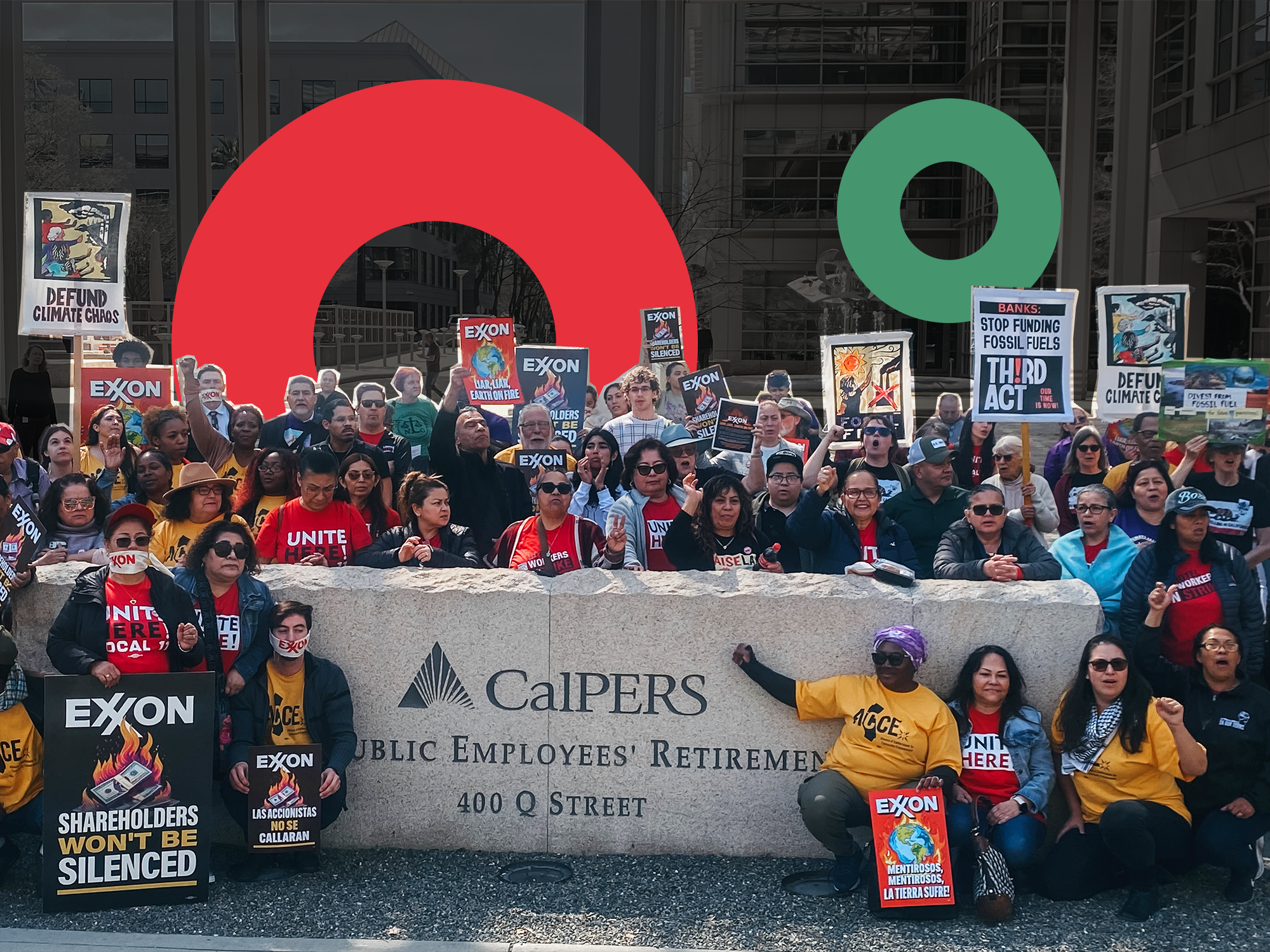






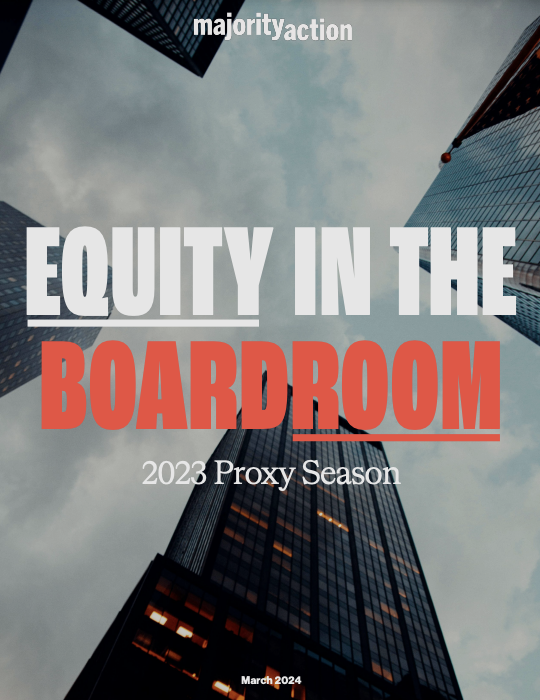
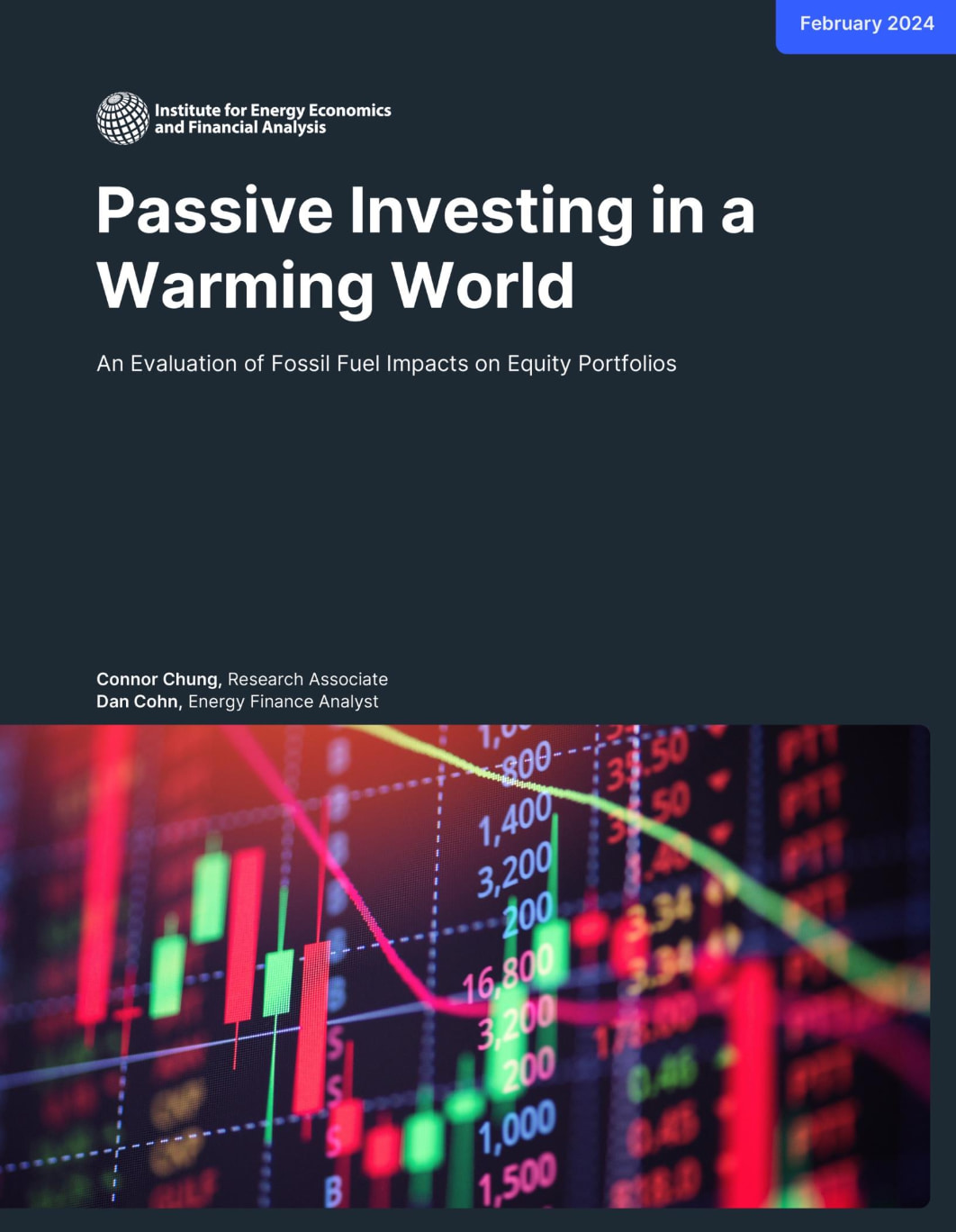

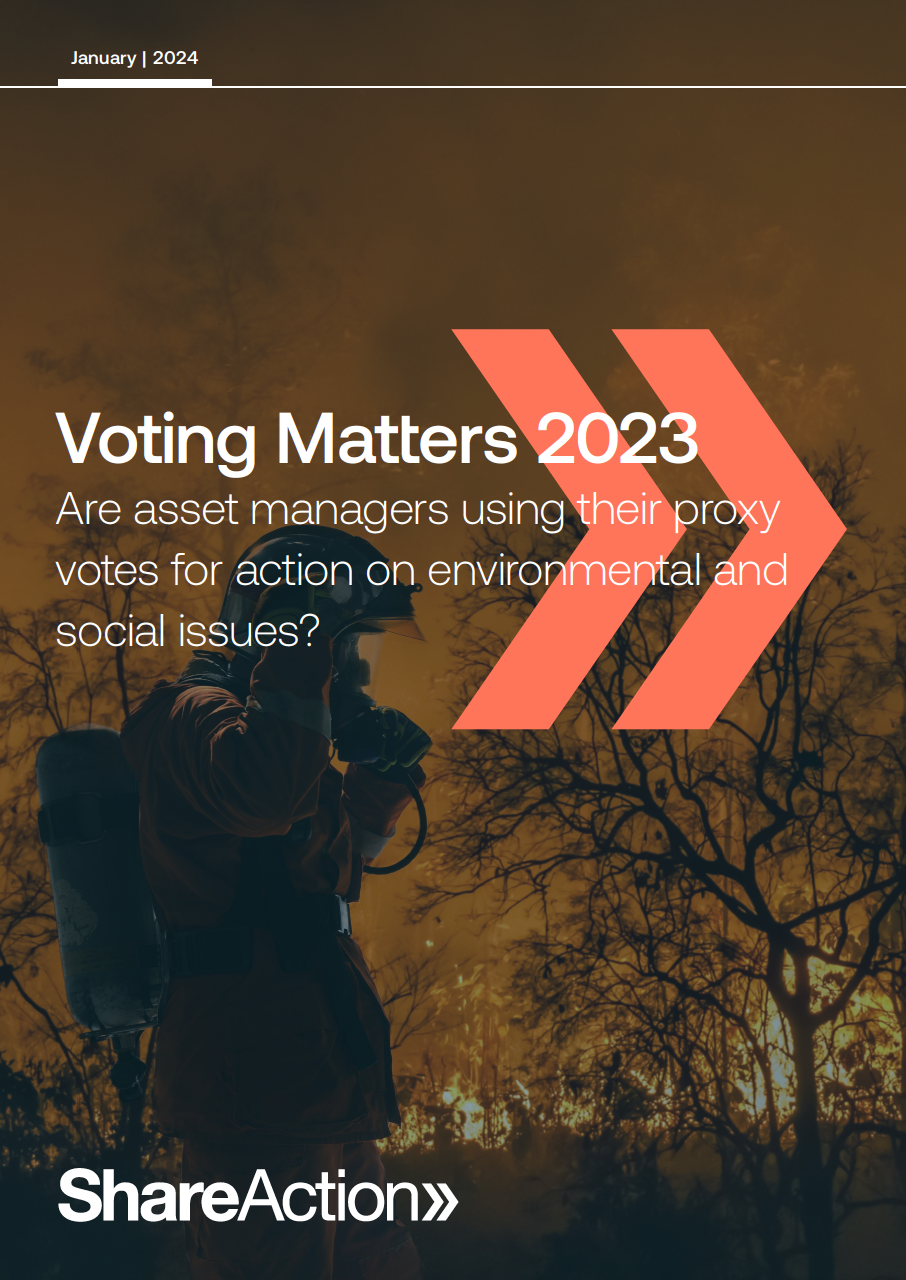













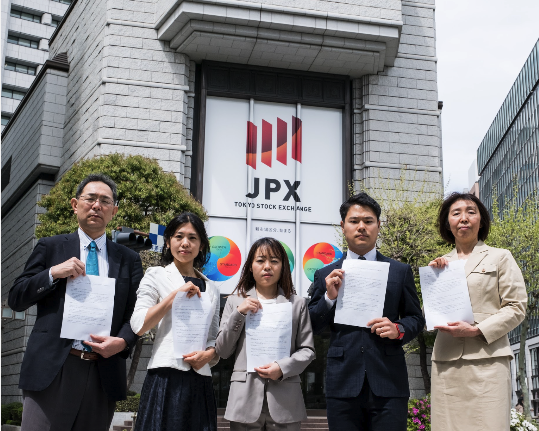



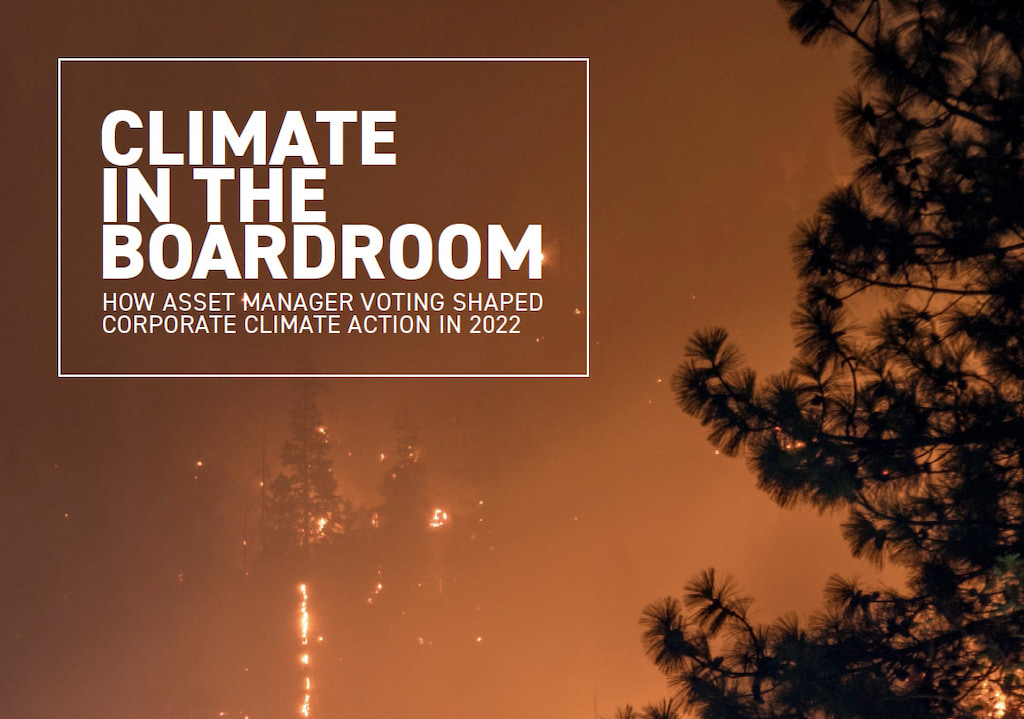


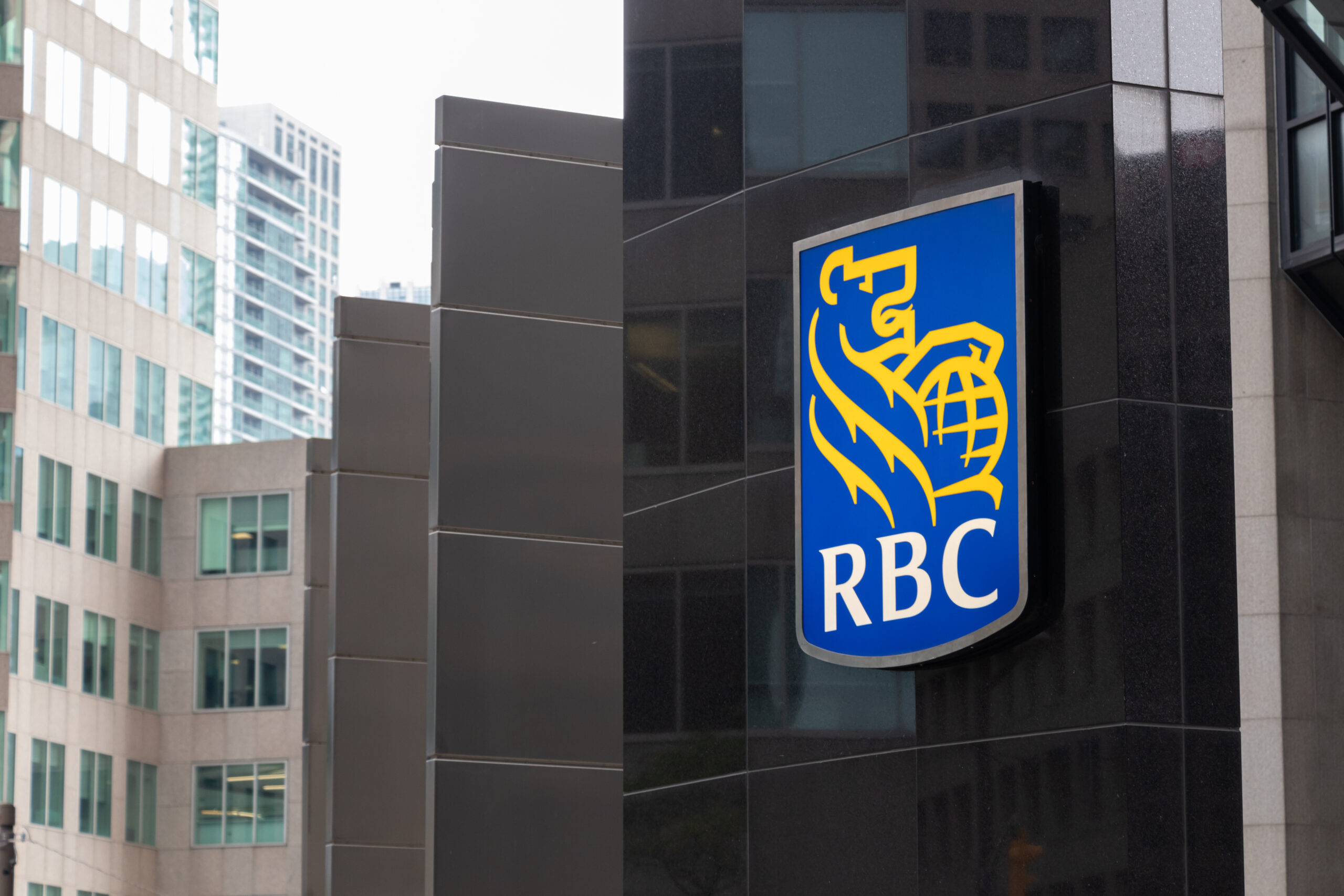





























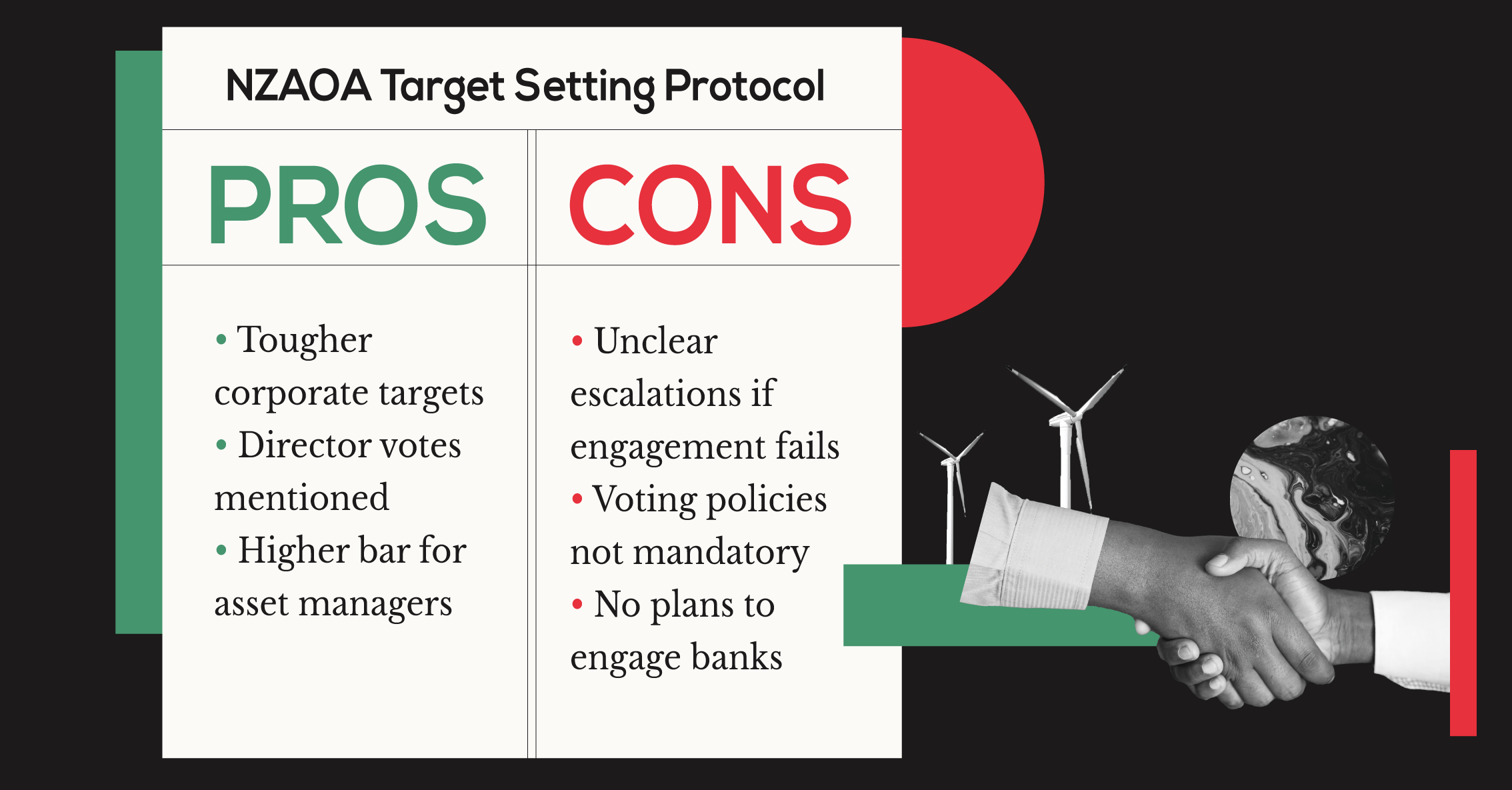
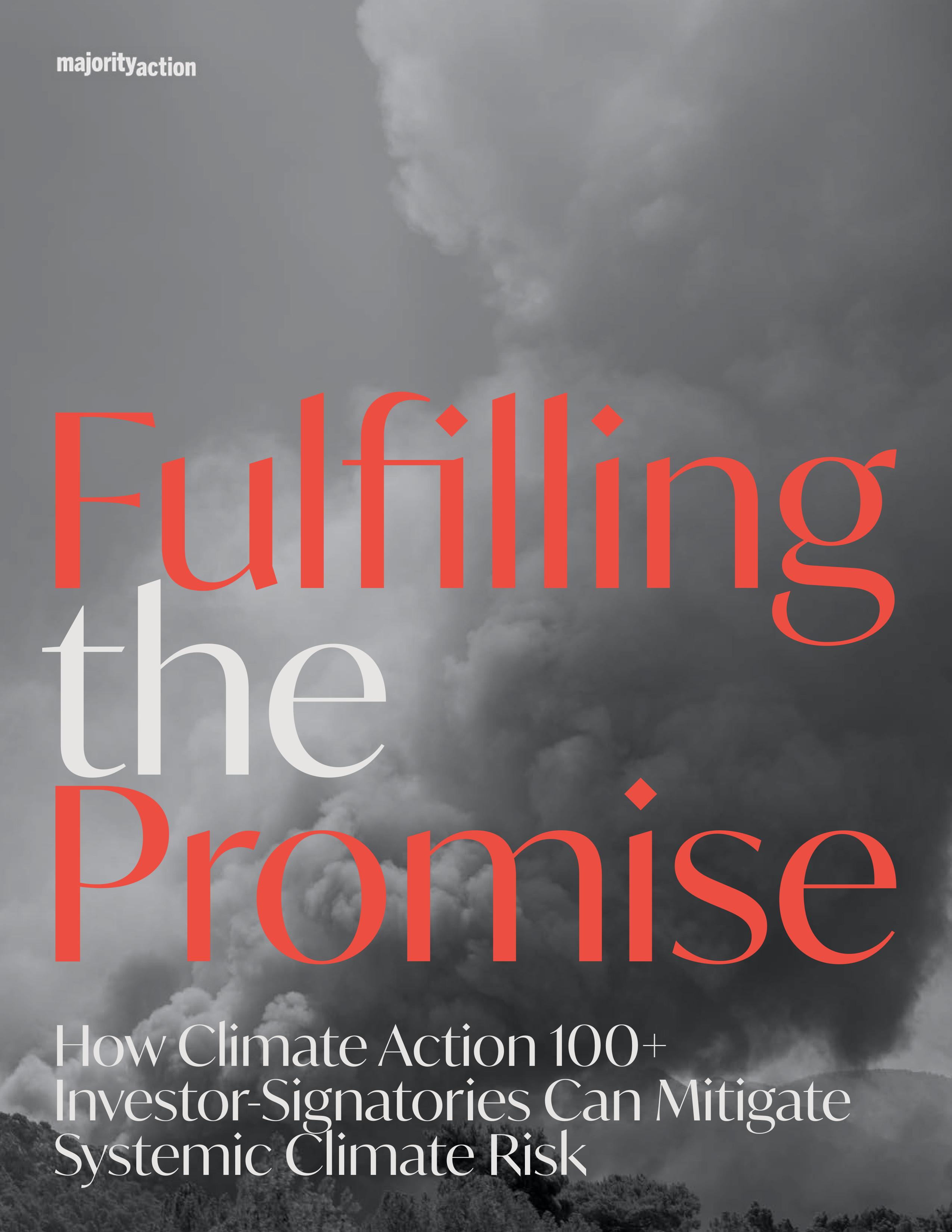


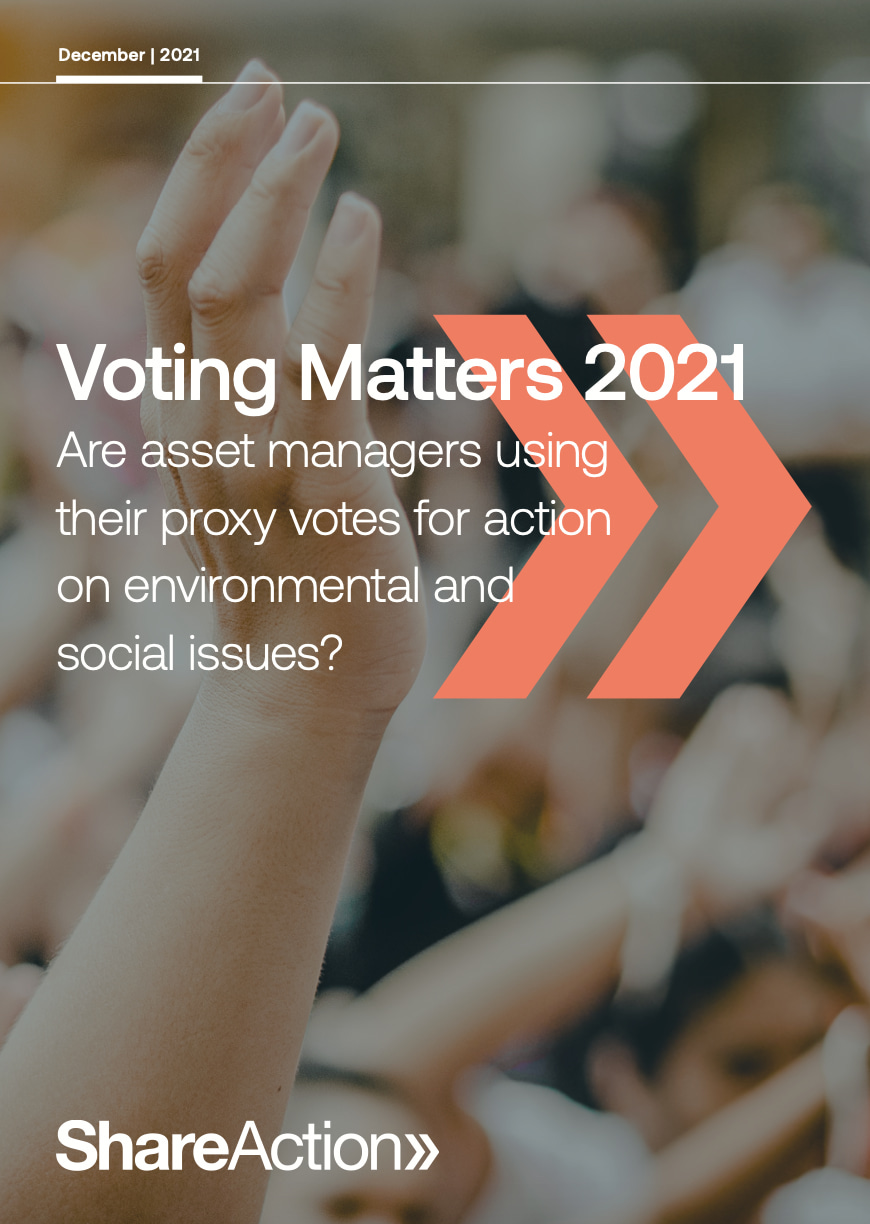






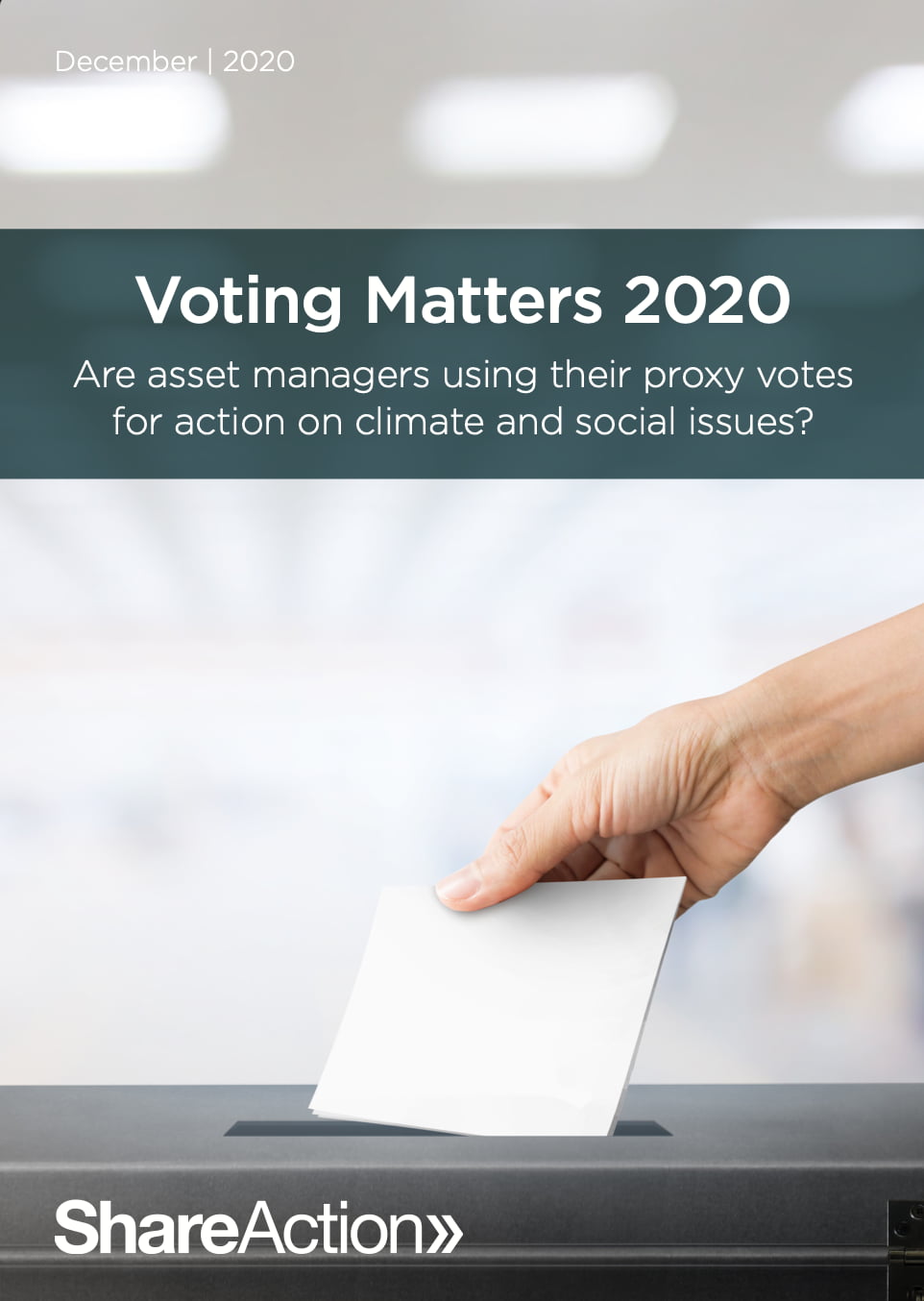

Share